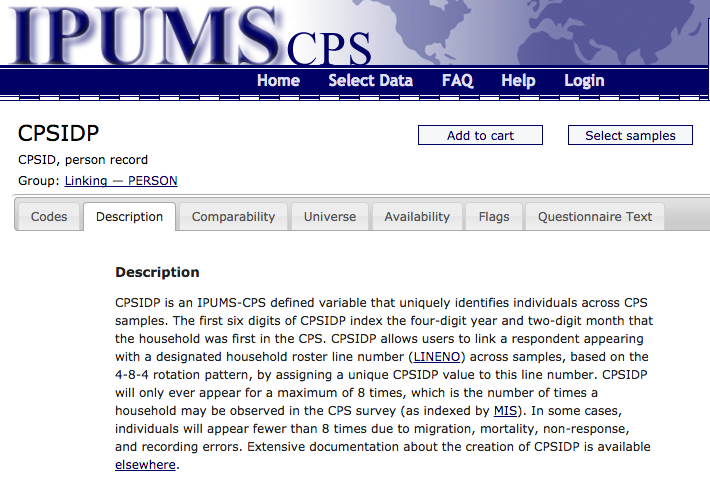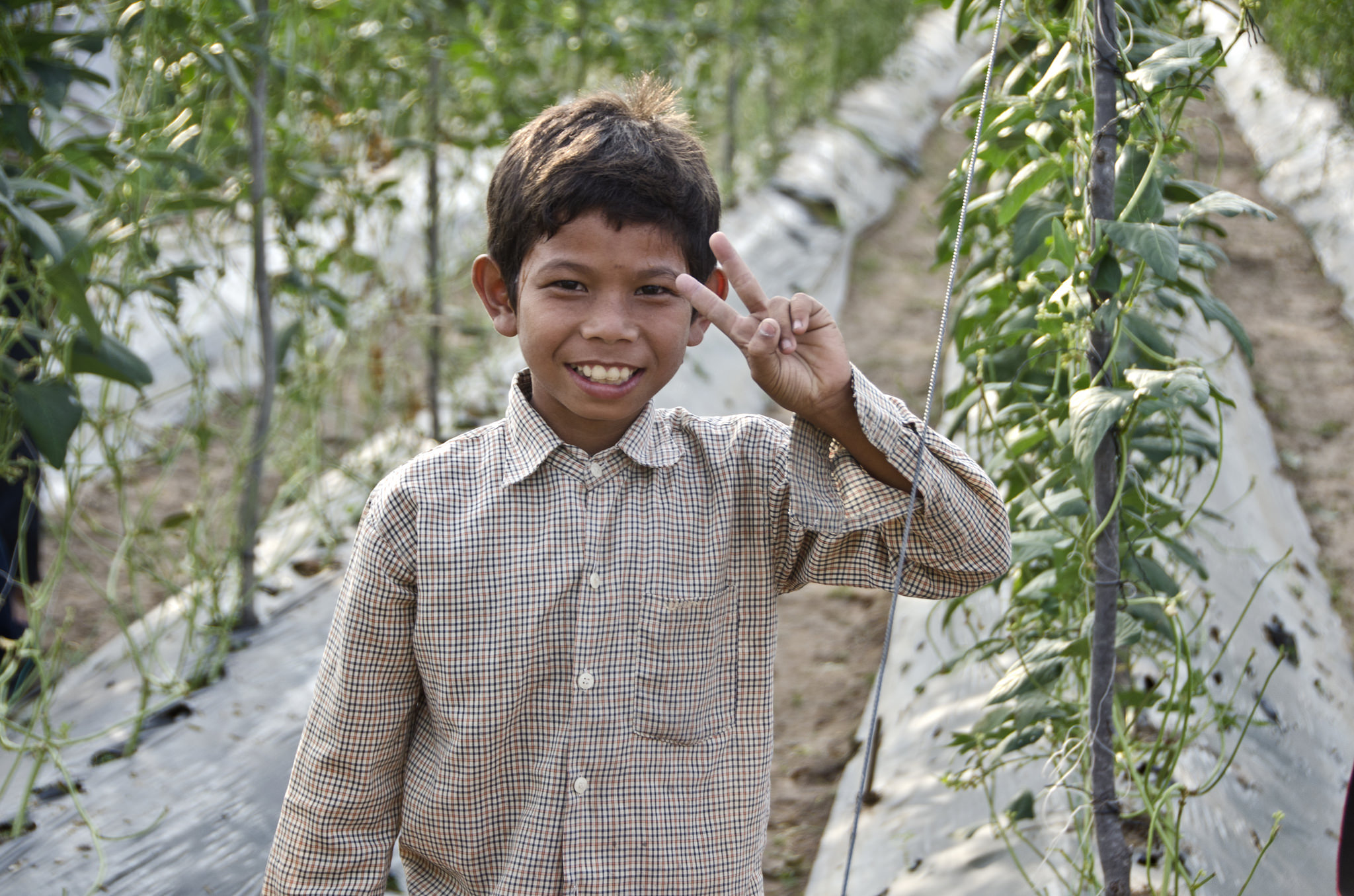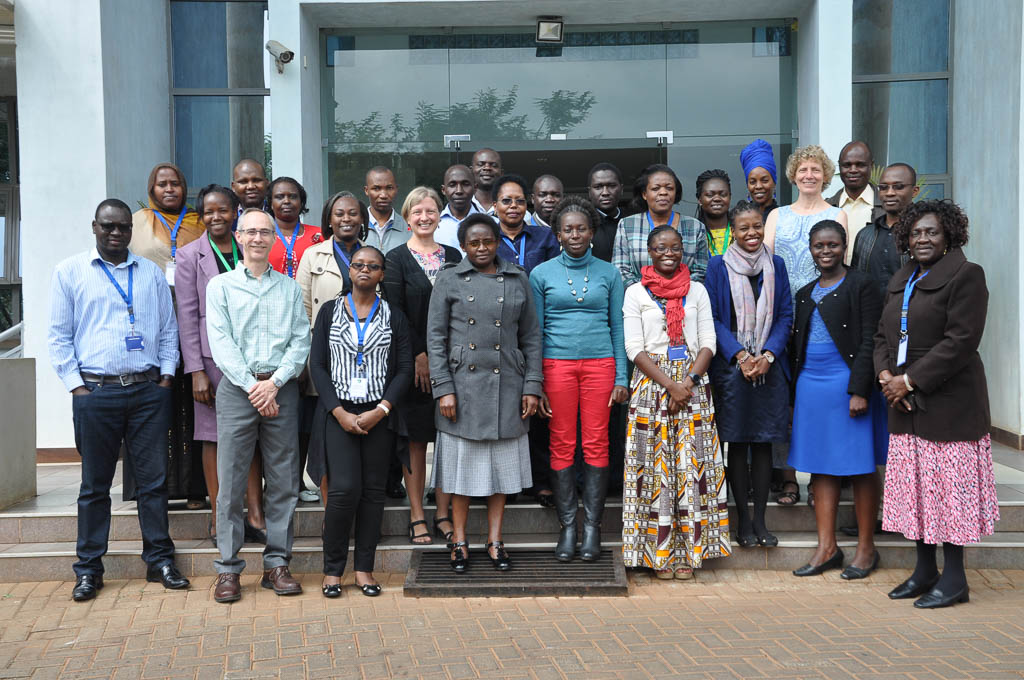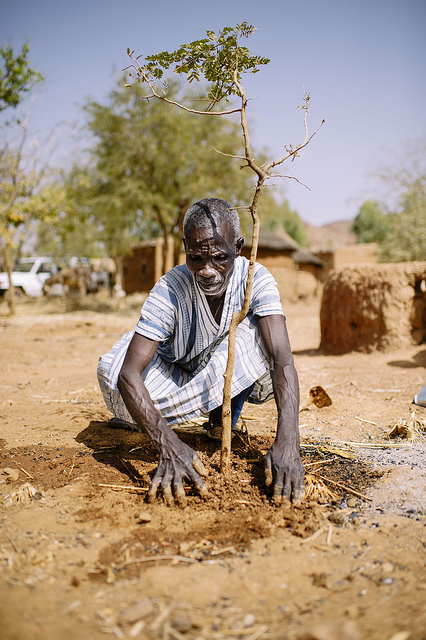
Life can sometimes feel as though it’s lived in “fast forward.” Stressful jobs, daily hassles, and the demands of raising children can leave parents feeling as though they are fighting for every moment of family time. The notion of “family time” can conjure romanticized images of years past, with families sitting around a dining room table discussing work, school, and current events.






